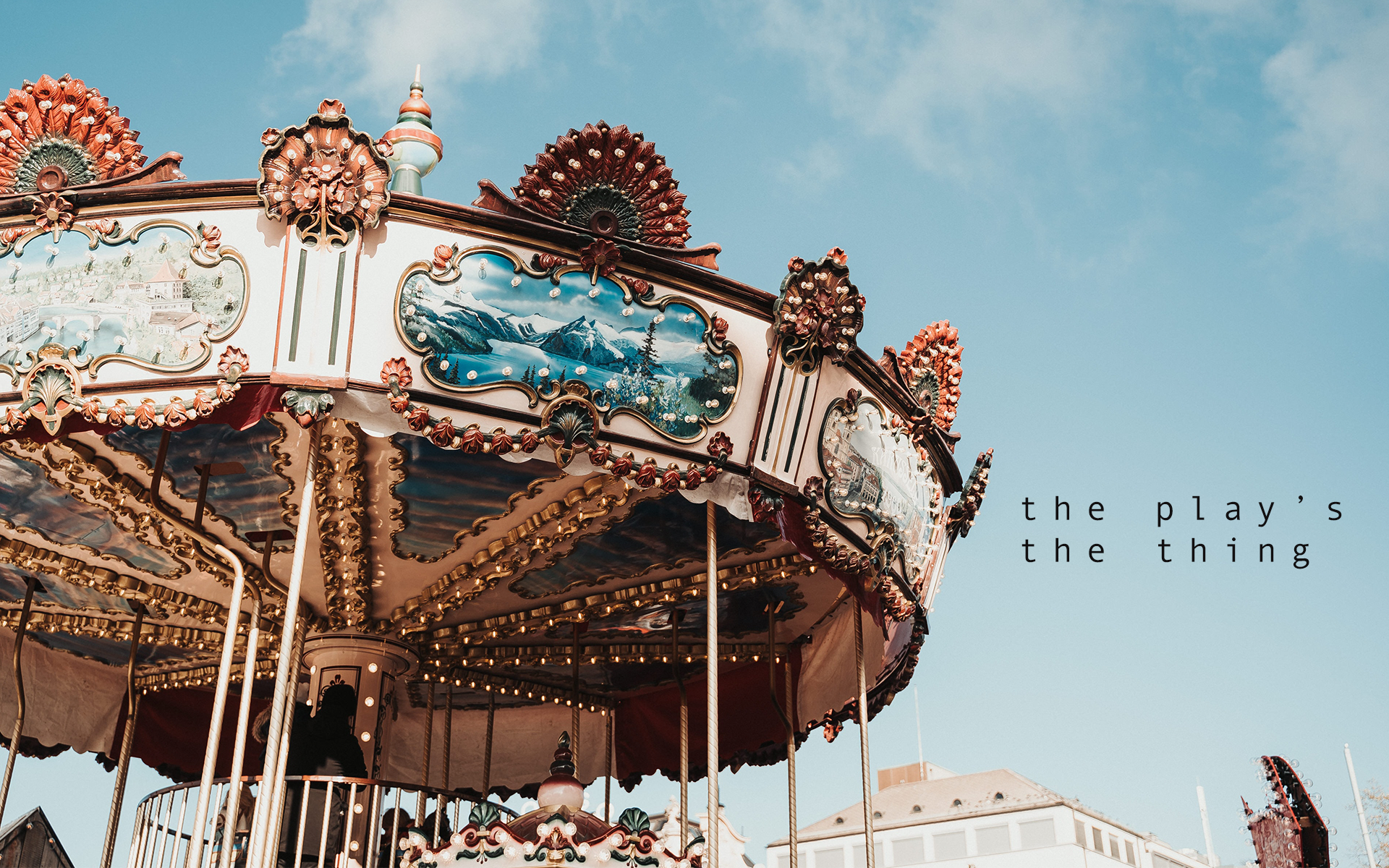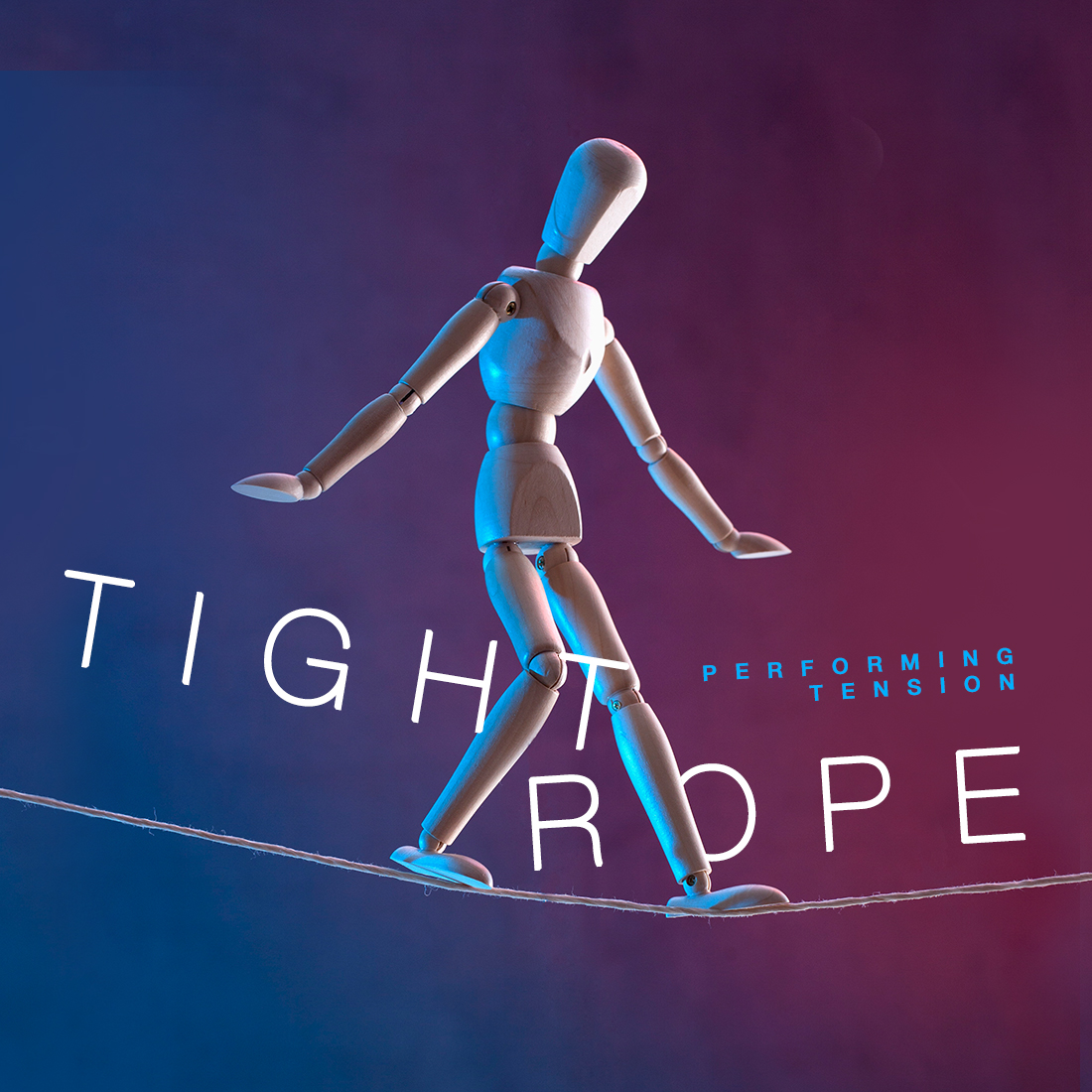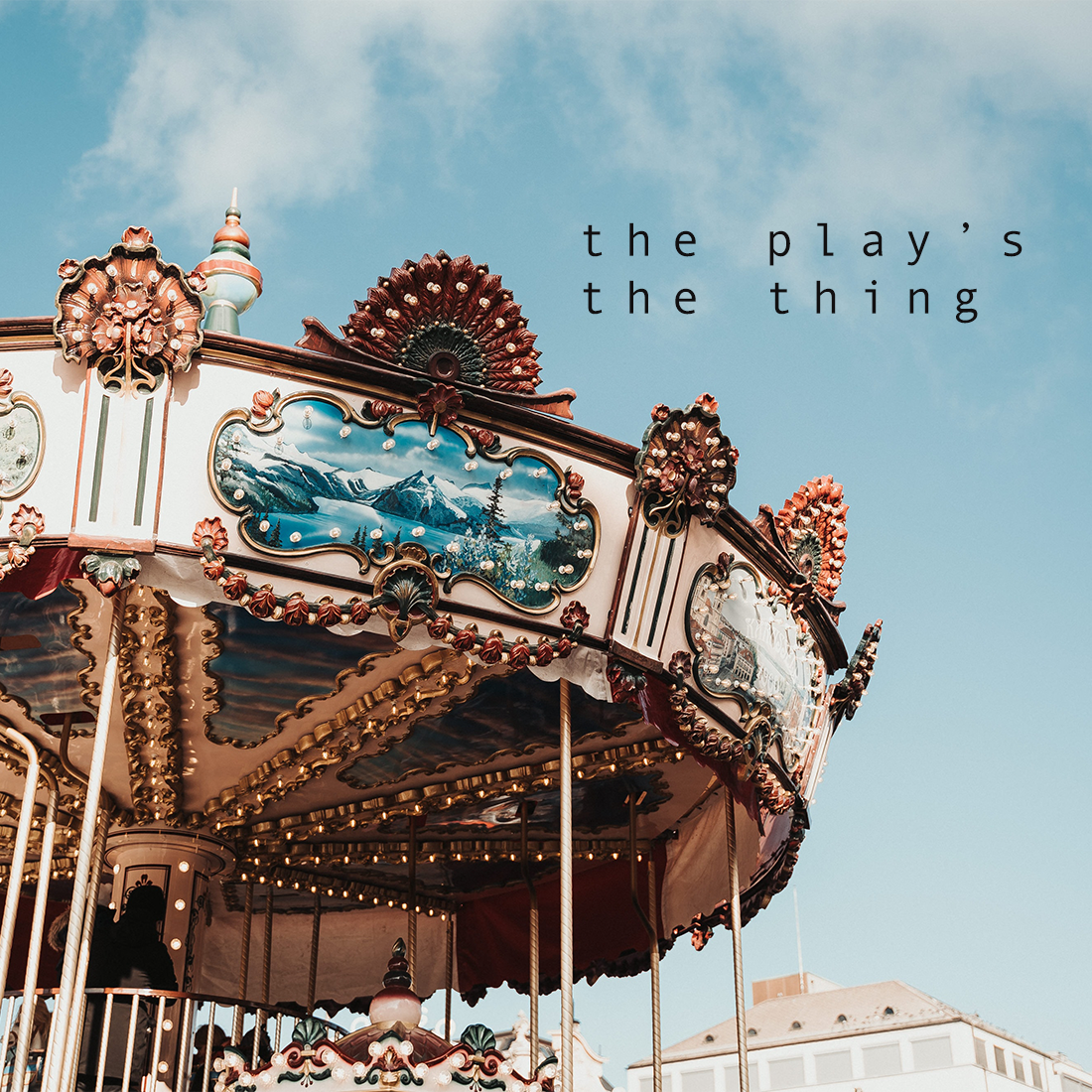FRANK CHLUMSKY
As an only child, I had a peculiar relationship to other children. More than that, I had a peculiar relationship to fun, which I believe is taught to you by other children. That innate sense of play that kids seem to possess — and which adults both extol and lament the loss of as they age — did not come naturally to me, but what can you really expect from a child born to a retirement age 60’s burnout and a mother whose pregnancy was considered — in medical terms — geriatric? By the time I had been ripped from mother’s womb and for that first time uneasily opened my eyes, I knew I had seen enough. A geriatric baby.
I think things would have been different if I had a sibling. Or at least, if I had been born into a family that had aspirations of being a family — I was more so a bucket-list item that my parents happened to cross off in the later years of their life, which was very inconvenient for me and very lucrative for my therapist, not that holding onto resentments is ever a worthwhile endeavor. If I could have changed just one thing about my life, it would have been to have a sibling: another person, bigger or smaller. A person to teach me what it meant to love someone while being annoyed with them for existing, or to corroborate the reality I was experiencing. To ask: “Do you think dad watches Fox News a little too much?” and to hear back “Yes.” Or to agree that forcing a child to eat broccoli was inhumane and grounds for intervention by Child Protective Services. Most of all, what I wish I had was a built-in friend.
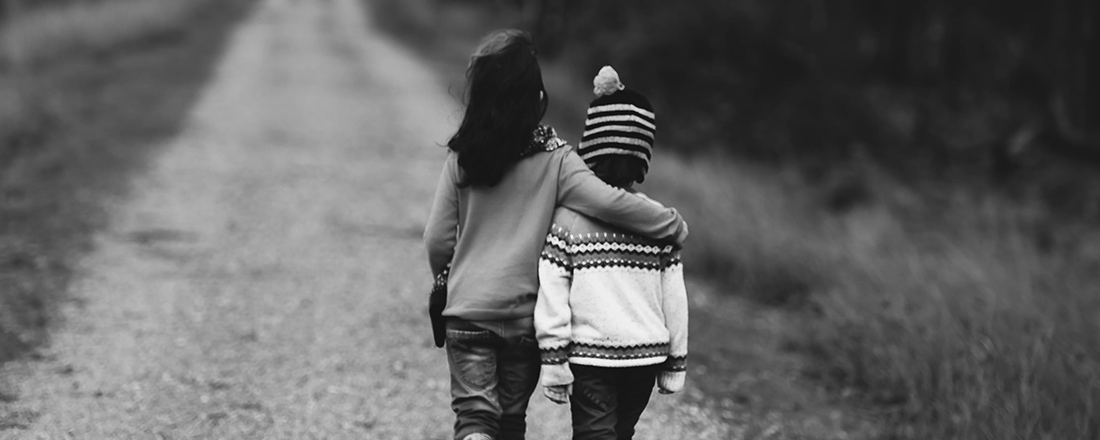
The friends would come, I found, but not without a long, arduous, tiresome process of total social conditioning and brainwash. My earliest social memory is at the Melrose Park, IL community center daycare, where my mother had dropped me off. I was three years old with angelic blond curls, now long gone. I’m not sure what the occasion was — I think I was being enrolled, without my knowledge or consent, in preschool — but even now it registers as a cruel experiment and exercise in tormenting me. I sobbed for the duration, which couldn’t have been more than an hour. I also chewed the sleeve of my blue and yellow stripped polo, tucking my arm inside so that my mouth could reach it and drenching the fabric with spit and tears. After some time, the smiling, reassuring face of my mother appeared to me a through long, rectangular window which looked out into a corridor where the parents were waiting, observing the socialization ritual as one might a pack of lion cubs or baby elephants on Animal Planet. A genial lady, Ms. Cindy, crouched down next to me, reminding me in a gentle sing-song voice that my mother was just outside the window and that everything was okay.
“Shut up, bitch.” I thought to myself. “Everything is clearly not okay — this looks like visiting hours at the correctional center, I’m caged in here behind the looking glass with a bunch of tiny strangers and just outside my mother is being kept from me for no apparent reason!” These words, though elegantly composed in my three year old mind, did not make it to my mouth. “I… mommy,” I eked out through the sobs as I pleaded with Ms. Cindy to let my mother rescue me.
If I could have changed just one thing about my life, it would have been to have a sibling: another person, bigger or smaller.
Even then, I knew that this wasn’t exactly a good look. I had majorly bungled my entrée into kinder society, leaving as I was with a sopping wet shirt and red, tear stained face. Worse still, I had cemented my reputation — to others and to myself — as a sensitive little boy. In our society, there are few things worse for a child to be (save, perhaps, for a pyromaniacal little boy, or a little boy who’s really into knives). Sensitive little boys often grow into talented artists, thinkers, and even highly successful white collar criminals. Adults often remind us of this in order to assuage our ambient sense of dejection; one day, the world will take notice of us in the way that our peers never did. In my case it might have been useful to mention the caveat that sensitive little boys often also end up kissing other boys, drinking too much, taking up smoking, and living in cramped spaces with middle aged strangers in somewhere called New York City, but that is neither here nor there.
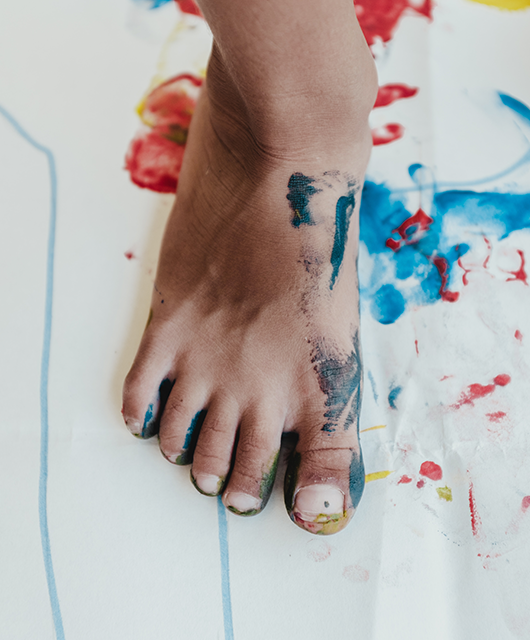
My mother kicked me out of the nest, cut the cord, negligently shipped me off to that third-rate boarding school called Life. I was beside myself with despair because I knew what was happening: the perfect, tranquil, routine life that my mother and I shared was coming to an end. Up until now, I was the only child and as such I enjoyed the benefit of my parents’ attention, and even their lack of attention. I was free to do as I pleased and to inhabit a world of my own making. I had a rag-tag group of imaginary friends who were terrible influences on me and spent my leisure time drawing figures of glamorous women in impossibly tall high-heels: an early sign, no doubt, of my intense attraction to the female sex.
All of this is to say that I thought I had a good thing going. I was cute with blond curls and the freedom to be whomever I wanted. That was until I was dropped off at the community center and left for dead as my mother jogged on a treadmill in the room over. I won’t flatter myself and deny that my meltdown could not be attributed to pure separation anxiety, perfectly natural at my tender age. But I also believe that in that moment, I experienced the Earth-shattering realization that life was never to be the same, for now it was clear that I was expected to do the unthinkable:
Play with others.
For some only children, I imagine that the realization that there are other people like them — small, stupid, hyperactive, emotionally volatile people — comes as a great relief. It inspires in them the hope that they might finally have a playmate, something that children with siblings take for granted. This was not the case for me. Other children frightened me and I was not quick to pick up on their social mores and customs. I did my best to relate (“Do you ever want to play with girl toys?”), play (“Ok, so you’ll be the doctor…”), and even compete (“My mom is way older than yours!”), but ultimately I failed to connect with my peers on even a basic level. “I,” I thought, “must simply be too special a little boy.”
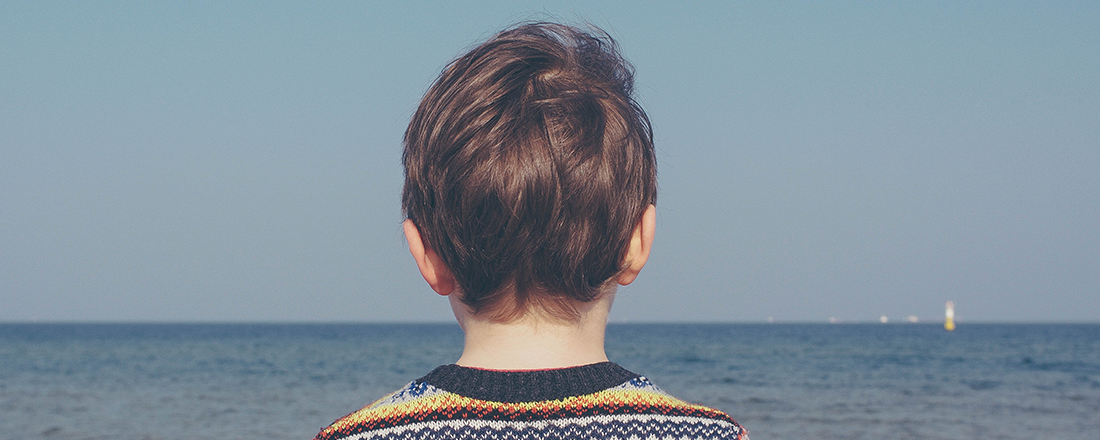
In order to survive in the real world, I created an alter-ego: Frank (my family only called me Frankie). Frank would be the carefully constructed social mask that I presented to the world and hid behind, the dividing line between my real self and my social self (Ego, Superego, blah blah blah…). By 5 years old I was down on my luck and had fallen into melancholy. In kindergarten, I launched myself head-first into passionless romantic pursuits, taking a girlfriend named Eliza who had taken notice of my good looks and fashionable blue-jean overalls. We announced to our classmates that we would soon be getting married: a promise I knew I could not keep.
I guess I learned quickly that social life is political, even in its most apparently innocent forms. By taking a kindergarten girlfriend, thereby asserting my masculinity in no uncertain terms to all those who may (rightly) have thought otherwise. Everything, I thought, was about keeping up appearances, attending functions, forging clandestine alliances, trying — above all — not to cry. This, by the way, is not to flatter myself in believing that I was somehow more sophisticated than other children my own age, that I “knew the score” any better than they did. Or maybe it is. But what are we to do with the banality and constant embarrassment of childhood other than construct our own myths?
A person to teach me what it meant to love someone while being annoyed with them for existing, or to corroborate the reality I was experiencing.
In any case, navigating the proverbial playground of life was an uneasy process for me-and the literal playground was hardly any better. Nothing so gruesomely laid bare the absurdity, conformity, and downright kookiness of the life was to come as recess. Luckily, I was not so socially inept to have been alone during those formative moments of mandatory fun.
As someone of dubious athletic ability, the game of “tag” was appealing to me. The rules are fairly simple: you, through an unknown source, are demonically possessed by a manic spirit and driven into a rabid search for another human vessel. Only when you, by the touch of your hand, “tag” your prey will the transference be complete, and your spirit finally know rest. Pretty hard to mess up. There are other variants such as “freeze tag” which delve even deeper into the occult, but we at Grace Lutheran Church and School rarely ventured into that territory.
But one day, a classmate of mine, Ethan Mueller, proposed his own variation of the game to our first grade class. He thought that the burden of being “it” during tag was too great to bear for some of us (Katie, for example, was pigeon-toed and Dominick had asthma) and that he should assume all “it” responsibilities. “All-Time-It,” he called it. My classmates and I tentatively looked at one another in order to gauge each other’s reactions. The consensus appeared to be bewilderment and not enough negativity to raise any sort of opposition to the self-appointed All-Time-It. And so for the next half-an-hour we continued running about the playground as usual, with the notable difference that there was now just one boy chasing after and touching other children. They would quicken their pace as All-Time-It zeroed in, squealing with nervous anticipation as though there were still any stakes in the game. At some point I also realized that I never seemed to be tagged — the entire objective — to such a degree that he wouldn’t tag me even when I stood motionless in front of him, practically begging to be touched by this little megalomaniac, if only as some sort of confirmation that I existed.
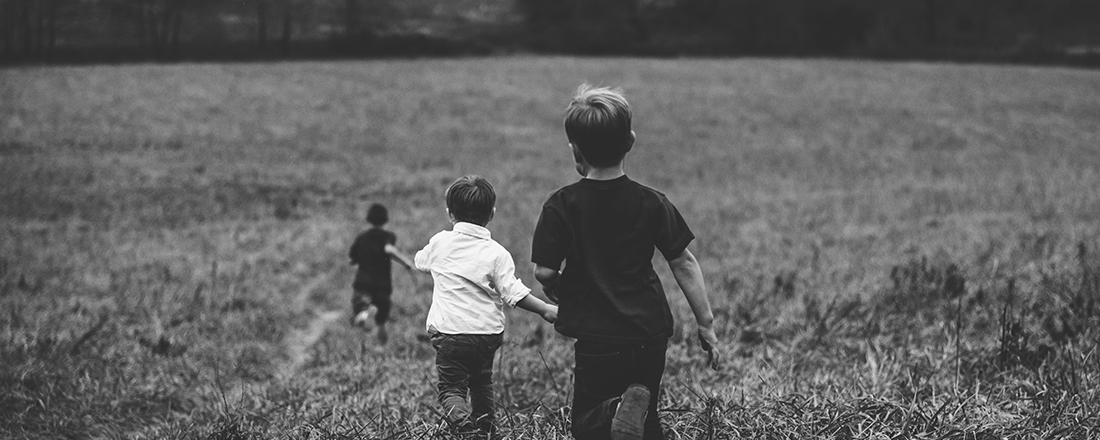
I quietly sought validation in the faces of my peers that what we were experiencing was indeed weird, that there was no longer any sense in continuing with this game, that we should mutiny, topple All-Time-It, and bully him mercilessly in order to ensure for future generations that there will never be an All-Time-It on this playground. But there was no such consensus. Was I the one not getting it? Even when the rules of the game were dumbed down to the point where all I needed to do was stand there and wait for anything to happen to me, I felt inept and out of place.
Adults often remind us of this in order to assuage our ambient sense of dejection; one day, the world will take notice of us in the way that our peers never did.
At this moment, the gene that determined I would be a smoker fired. It was the first time I can remember where I needed a cigarette. Cigarettes are useful for removing yourself from situations and giving yourself something to do while you stand on the sidelines and watch life pass in front of you. A moment of meditation, a self-soother, an alternative to chewing on your sleeve in moments of distress. They also look cool, which is an indispensable asset to the socially aloof.
Of course, I didn’t have a cigarette, so I played along. I realized that the group had been usurped and the rules of a simple, equal-opportunity game had rewritten by one precocious egomaniac while we idly and unquestioningly accepted it. Sound familiar? Play is not innocent. But nor is it some form of covert warfare. It is, simply, a process of self-discovery, which can only be done through discovering other people and what kind of shit they’re willing to take. The would-be dictators of the world declare themselves All-Time-It, the pragmatic conformists accept it. The quiet rebels remove themselves and start their own game. Others go it alone and take up smoking.
Would having had a sibling have changed my role in life, heightened my social standing, made me more emotionally equipped to handle being dumped in a playpen prison, made me less bewildered when the rules of the games I knew were switched? Maybe not. But learning how to play is valuable — in doing so, we begin to form our identities, begin to navigate ourselves and each other. A sibling could have given me a head start in understanding this, though there’s no use in regretting what you can’t control. Eventually, things got easier for me. When I finally did take up smoking at 19, I learned that it was a great way to meet people and immediately have something in common: a great supplement to drinking, which I found was another great way to meet people, and even begin to like people sincerely! And I don’t see how that could be a bad thing. Point is, sibling or not I think I finally got the hang of playing with others. And more importantly, I got the hang of playing with myself.

